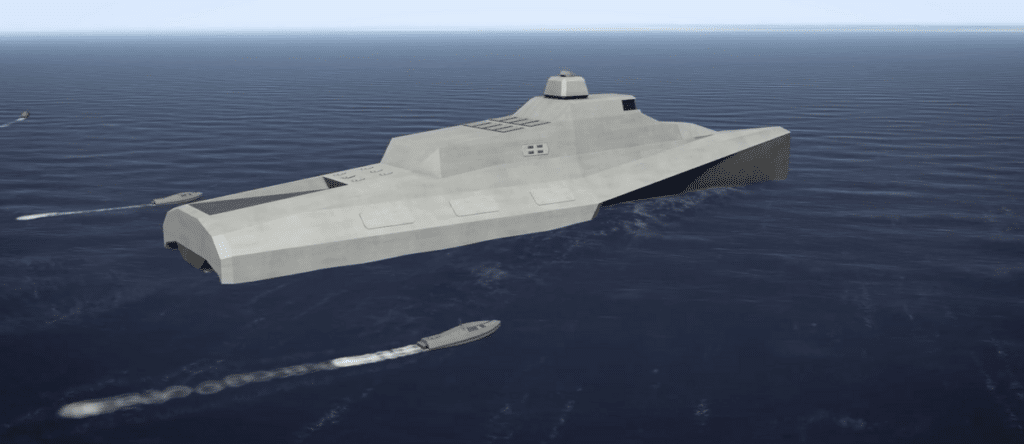European Digital Naval Foundation (EDINAF)
EDINAF – European Digital Naval Foundation is a EDF2021 European project financed by the European Commision.
The EDINAF consortium is led by Navantia and is composed of 31 partners from 8 different countries (Spain, Belgium, France, Germany, Italy, Netherlands, Norway and Sweden).
The consortium proposes to launch the digital revolution for the maritime industry by developing fundamentals that enable this transformation through:
• The development of a digital reference architecture for ships that provides a coherent set of resources, services and data solutions to support core warship operations;
• A digital platform as a standardised IT infrastructure derived from the reference architecture, with common basic services to be offered to user applications for the development of the new generation of warships;
• A new digital engineering adapting processes, methodologies and tools required by an ever-evolving and highly complex interdependent system of systems during the 3-year project.
For more information check Edinaf.eu

Methanol Powered Shipping (MENENS)
For the maritime industry in the Netherlands, this project is an important pillar in the Masterplan that aims to achieve 30 emission-free ships by 2030.
In the MENENS project, 23 partners work together to develop and field-test technology for using methanol as a fuel. Suppliers, designers, shipyards, shipowners, knowledge institutions and the Royal Navy are also improving the efficiency of the energy system on board ships.
Methanol is seen as a favourable alternative to diesel as a fuel, with the potential to enable climate-neutral waterborne transport at reasonable cost. Methanol as a fuel requires innovations in engine technology, safe storage methods and a systematic integration methodology. With the deployment of methanol as a new energy step for shipping, the Dutch maritime sector will gain important experience and additional knowledge that will also be of great value for other future fuels such as hydrogen and ammonia.
Read more about the Menens project on this page

Dutch Naval Design
Dutch Naval Design is a collaboration of maritime defence experts from industry and academia.
With this project, the founders hope to combine the strengths of Dutch naval capabilities and work towards decisive naval technology of the future. Dutch Naval Design is still in its start-up phase, yet the project is beginning to take shape. For instance, the collaboration by DMO, MARIN, Netherlands Aerospace Centre (NLR), TU Delft, TNO, NIDV and the Ministry of Economic Affairs and Climate was recently confirmed with an agreement. Back in March 2020, the FlexShip was presented. This ‘naval ship of the future’ sums up the vision of the joint parties. It is intended that future Dutch naval vessels will benefit from these plans.
More about Dutch Naval Design: FlexShip animation (Dutch)


